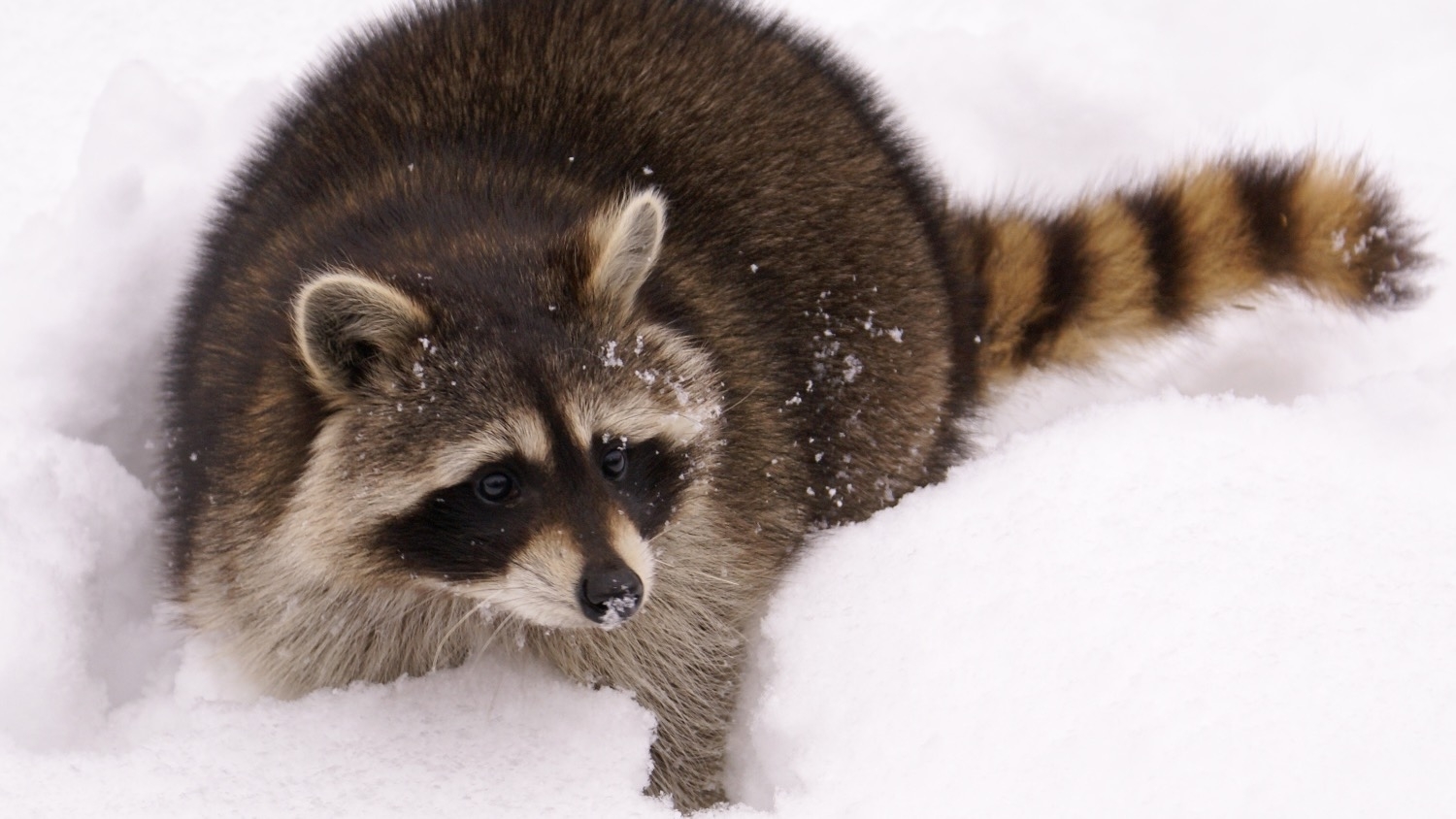Research
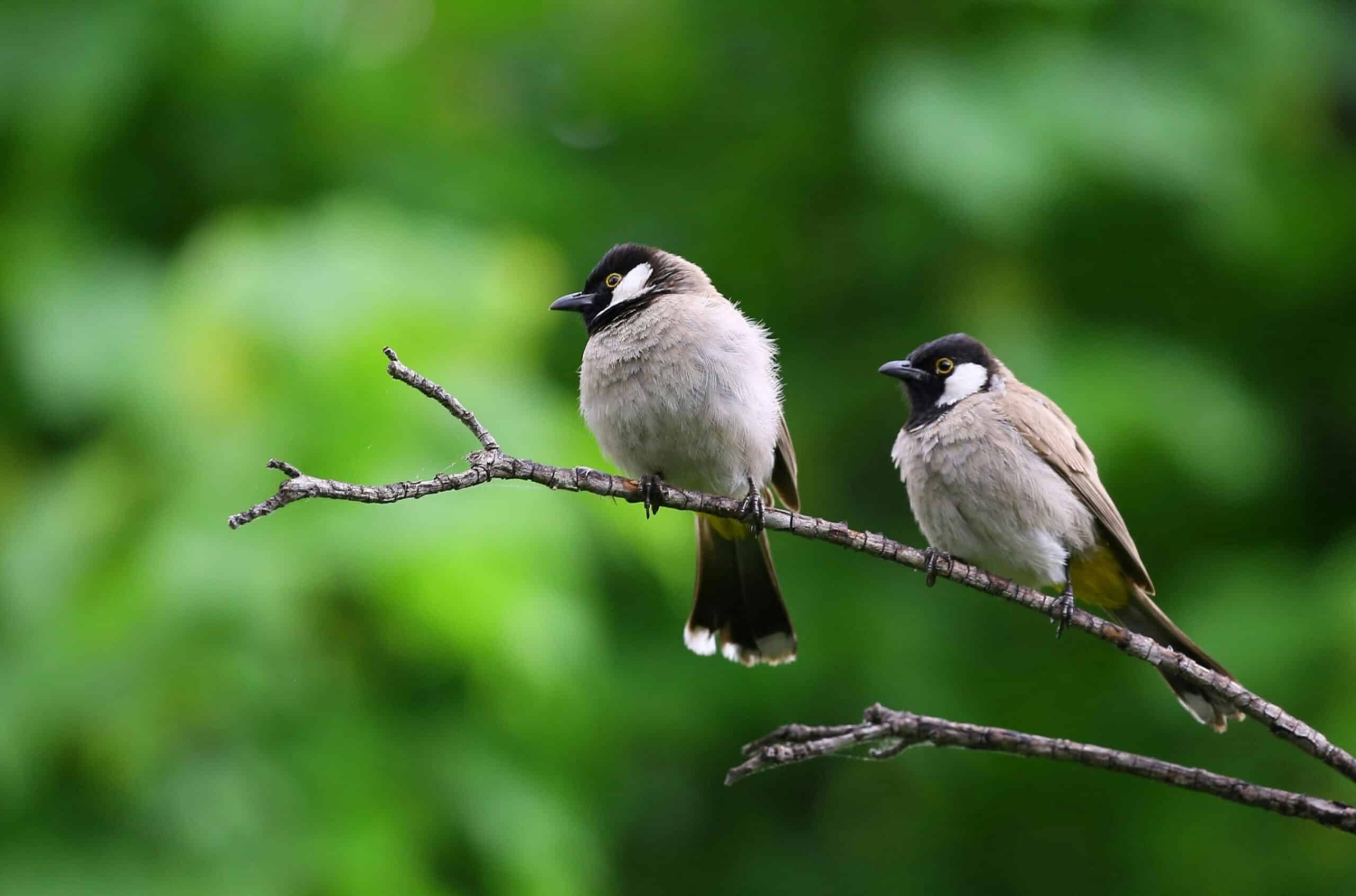
Birdwatching can help students improve mental health, reduce distress
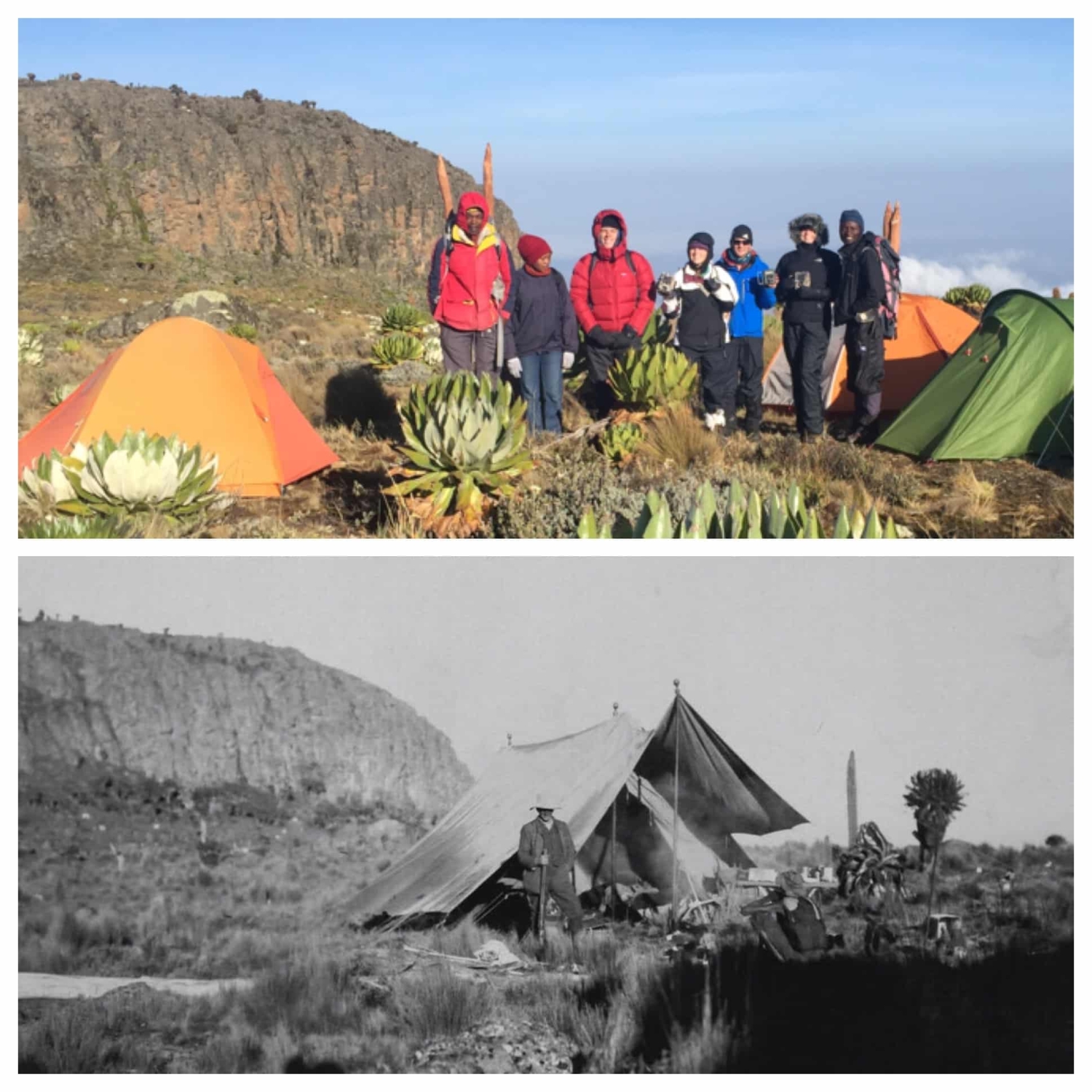
Mammals on ‘Sky Islands’ May Be Threatened By Climate Change, Human Development

Removal of DC’s Cherry Blossoms Reflects Troubling Future For Coastal Forests
New Sustainable Labs Program Launched

Improving Wood Products Could Be a Key to Reducing Greenhouse Gas Emissions
Estela Garcia: My Favorite Freshwater Species’ Are the Ones with No Brain and No Eyes

No Trees at Sea
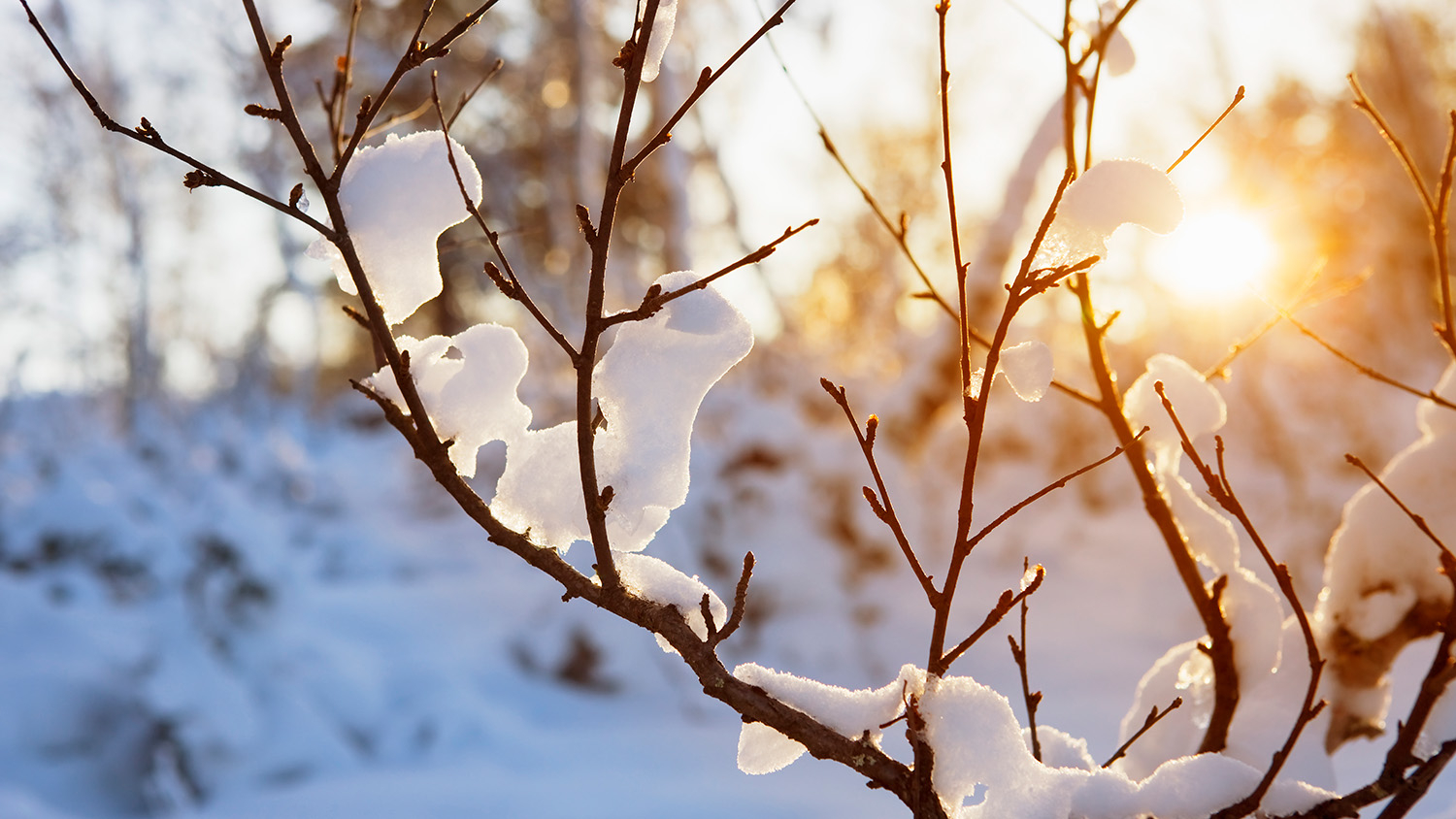
How Trees Survive in Winter
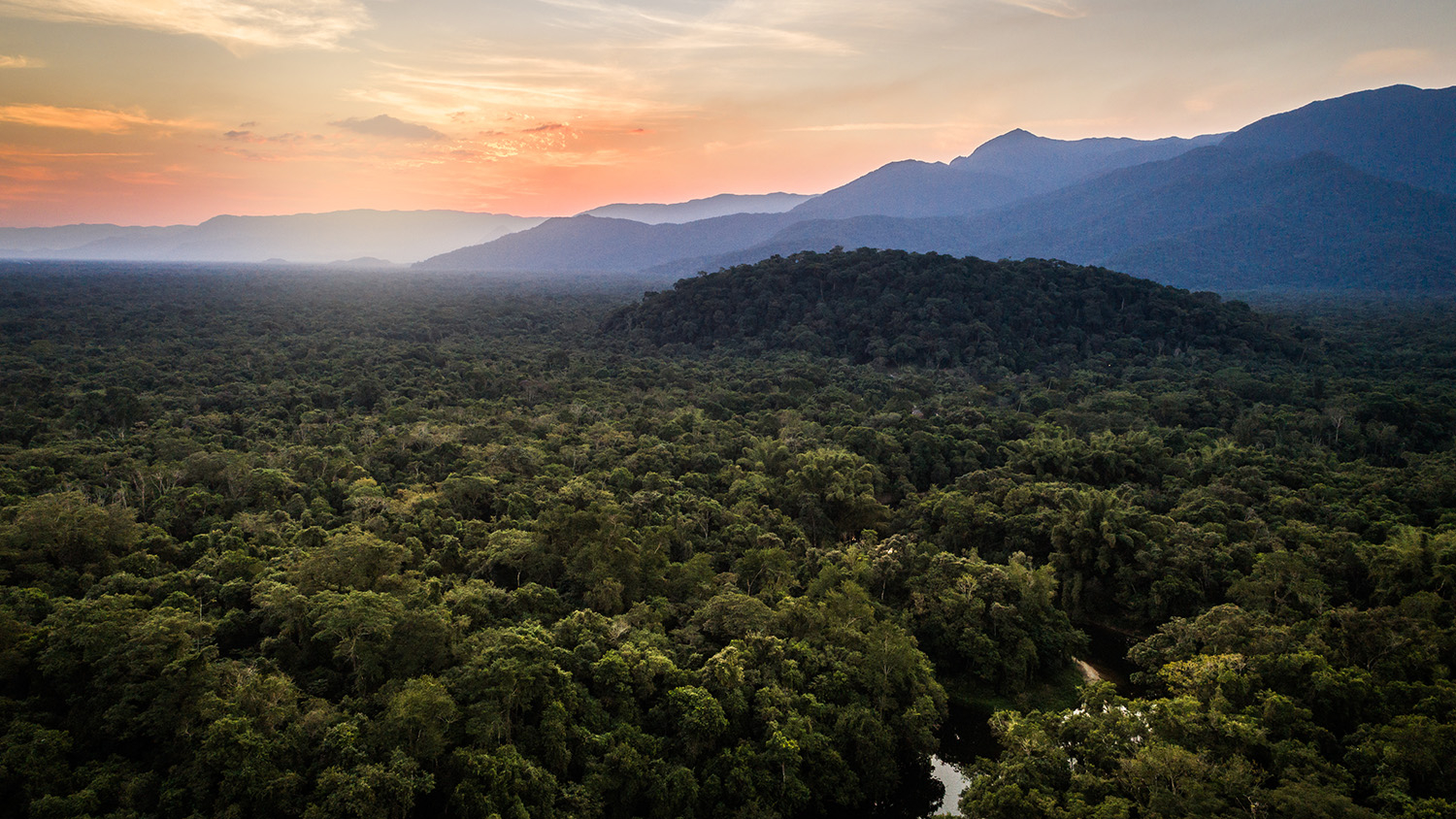
3 Reasons Why Forest Carbon Offsets Don’t Always Work
